Table of Contents
- Introduction
- Understanding Alcohol Metabolism
- The Influence of Weight on Alcohol Metabolism
- Factors Affecting Alcohol Absorption and Elimination
- The Impact of Weight on Blood Alcohol Concentration (BAC)
- Alcohol Metabolism in Different Weight Categories
- Conclusion
Introduction
Alcohol consumption affects individuals differently based on various factors, including weight. Understanding the relationship between weight and alcohol metabolism is essential for promoting responsible drinking habits and reducing potential health risks.
Understanding Alcohol Metabolism
Before delving into the influence of weight on alcohol metabolism, it's important to grasp the basic principles of how the body processes alcohol. This section provides an overview of alcohol metabolism and its stages.
Alcohol metabolism refers to the process by which our bodies break down and eliminate alcohol. One important factor that affects alcohol metabolism is weight.
Body Weight and Alcohol Metabolism
Individuals with higher body weight tend to have a higher blood volume. This means that when they consume alcohol, the alcohol becomes more diluted in their blood, resulting in a lower blood alcohol concentration (BAC). Therefore, individuals with higher body weight often require more alcohol to experience the same effects as those with lower body weight.
Metabolic Rate and Alcohol Metabolism
Another factor that influences alcohol metabolism is metabolic rate. Metabolic rate refers to the speed at which our bodies convert food and drinks into energy. People with a higher metabolic rate tend to metabolize alcohol more quickly. As a result, their BAC decreases faster compared to individuals with a lower metabolic rate.
Effects of Weight on Alcohol Intoxication
Since alcohol metabolism is influenced by weight, it is important to understand the effects of weight on alcohol intoxication. People with lower body weight may experience alcohol's effects more rapidly and intensely, as their bodies have less blood volume to dilute the alcohol. On the other hand, individuals with higher body weight may require more alcohol to reach the same level of intoxication.
In conclusion, weight plays a significant role in alcohol metabolism. Individuals with higher body weight generally have a lower BAC and require more alcohol to experience the same effects. Additionally, metabolic rate also affects alcohol metabolism, with those having a higher metabolic rate metabolizing alcohol more quickly. Understanding these factors can help us make informed decisions regarding alcohol consumption.
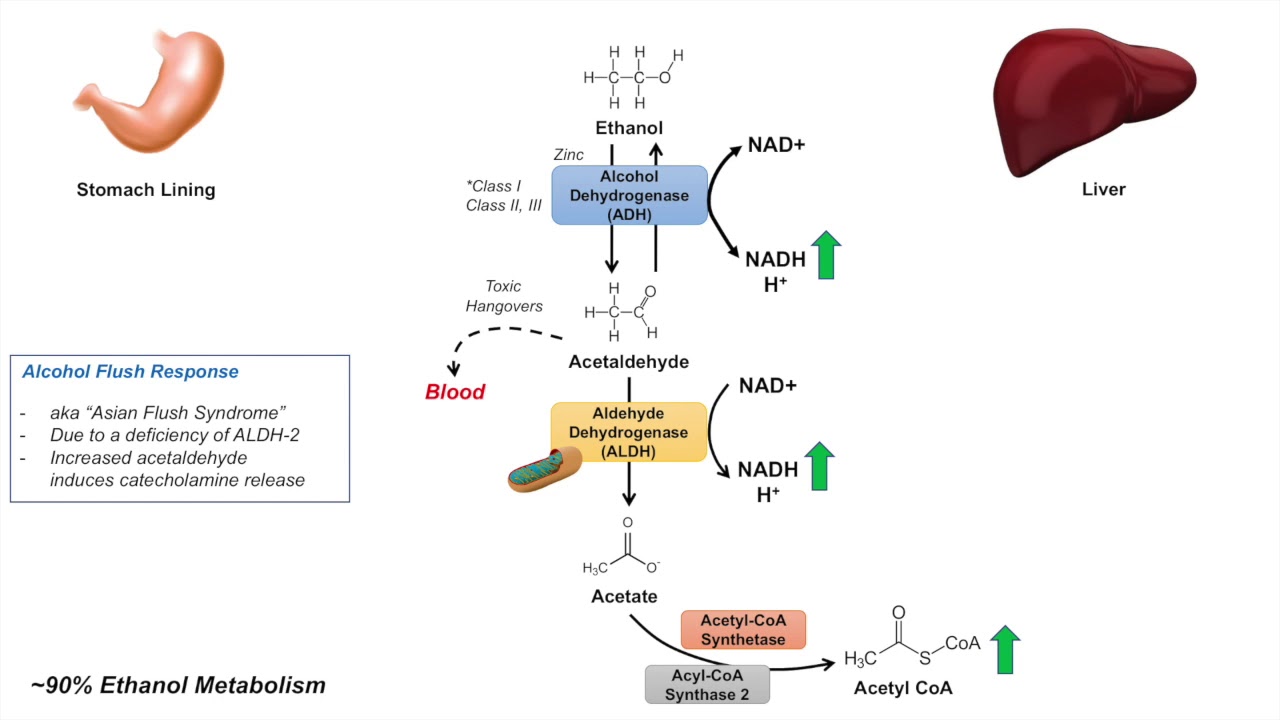
The Influence of Weight on Alcohol Metabolism
This section explores the impact of weight on alcohol metabolism. It discusses how body weight affects the rate at which alcohol is absorbed, distributed, and eliminated from the body.
Alcohol metabolism is the process by which the human body breaks down and eliminates alcohol from the system. It involves various enzymes and metabolic pathways. One significant factor that affects alcohol metabolism is an individual's weight.
Weight plays a crucial role in determining how quickly the body metabolizes alcohol. Generally, individuals with a higher body weight tend to have a higher tolerance for alcohol and metabolize it at a slower rate compared to those with a lower body weight.
This difference in alcohol metabolism can be attributed to several factors. Firstly, body weight affects the volume of distribution in the body. Since alcohol distributes itself throughout the water present in the body, individuals with higher body weight have more water content, which results in a more diluted concentration of alcohol in their system.
Additionally, alcohol metabolism primarily occurs in the liver, and the liver enzymes responsible for breaking down alcohol are affected by weight. Larger individuals tend to have more liver enzymes, which enables them to metabolize alcohol more efficiently and at a faster rate.
It is important to note that while weight can influence alcohol metabolism, it is not the sole determinant. Factors like genetics, overall health, and alcohol tolerance also play a significant role in how individuals process alcohol.
In conclusion, weight has a notable influence on alcohol metabolism. Higher body weight generally leads to a slower alcohol metabolism, while lower body weight can result in faster metabolism. However, it is essential to understand that individual variations exist, and other factors can also affect how the body processes alcohol.
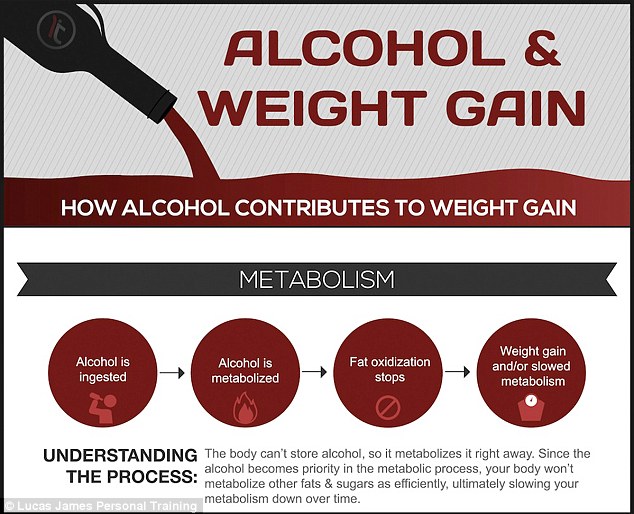
Factors Affecting Alcohol Absorption and Elimination
Apart from weight, several other factors contribute to the way alcohol is absorbed and eliminated in the body. This section examines these factors and their interplay with weight.
Alcohol metabolism is a complex process influenced by various factors. One significant factor that affects alcohol metabolism is a person's weight.
When we consume alcohol, it gets absorbed into our bloodstream through the walls of the stomach and the small intestine. From there, it is carried to the liver, where it is primarily metabolized. The liver breaks down alcohol using enzymes called alcohol dehydrogenase and acetaldehyde dehydrogenase.
However, individuals with a lower body weight generally have less blood and water content in their bodies compared to those with a higher body weight. Since alcohol is soluble in water, people with lower body weight have a higher blood alcohol concentration (BAC) because there is less fluid to dilute the alcohol. This means that a smaller individual may experience a quicker and more significant impact from consuming the same amount of alcohol as a larger individual.
In addition to affecting alcohol absorption, weight also influences the elimination of alcohol from the body. The liver can metabolize approximately one standard drink (containing around 14 grams of pure alcohol) per hour on average. However, alcohol elimination rates can vary based on weight and other individual factors.
As a general guideline, it is recommended to drink in moderation and be aware of your own body's response to alcohol consumption. Factors such as weight, metabolism, and overall health can influence how alcohol affects you personally. It is crucial to know your limits and drink responsibly to ensure your safety and the safety of others.
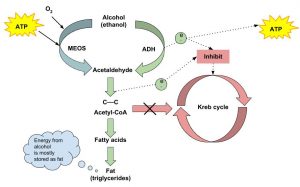
The Impact of Weight on Blood Alcohol Concentration (BAC)
Blood Alcohol Concentration (BAC) is a measure of alcohol's presence in the bloodstream. Here, we discuss how weight influences BAC levels, as well as its implications for alcohol intoxication and legal limits.
Weight plays a significant role in determining how alcohol affects an individual's body. When we consume alcoholic beverages, our bodies metabolize the alcohol, breaking it down and eliminating it from our system over time. The rate at which this happens can be influenced by several factors, including weight.
The more a person weighs, the more body mass they have to distribute the alcohol in their system. This means that a heavier individual will generally have a lower blood alcohol concentration (BAC) than a lighter person who consumes the same amount of alcohol. In other words, weight affects the metabolism of alcohol and can result in a slower increase in BAC for individuals with a higher weight.
This difference in BAC is due to the fact that alcohol is primarily metabolized in the liver by enzymes. These enzymes break down the alcohol molecules into less harmful substances. Since the liver can only process alcohol at a certain rate, a person with a higher weight has more liver tissue, allowing for a more efficient breakdown of alcohol. Therefore, a larger individual may experience a less dramatic increase in their BAC levels after consuming alcohol compared to someone with a lower weight.
It's important to note that weight alone does not determine how alcohol affects an individual. Other factors such as gender, overall health, metabolism, and the rate of alcohol consumption also contribute to the impact of alcohol on the body. It is crucial to consume alcohol responsibly, be aware of one's own tolerance, and never drive under the influence.
.jpg)
Alcohol Metabolism in Different Weight Categories
This section looks at alcohol metabolism in different weight categories. It provides insights into how individuals of varying weights may experience alcohol differently, offering tips for safer and more responsible consumption.
Alcohol metabolism, the process by which the body breaks down and eliminates alcohol, can be influenced by various factors, including an individual's weight.
In general, alcohol metabolism occurs primarily in the liver through the action of enzymes. One of the key enzymes involved is alcohol dehydrogenase (ADH), which converts alcohol into acetaldehyde. Acetaldehyde is further metabolized into acetate by another enzyme called acetaldehyde dehydrogenase (ALDH), and then finally into carbon dioxide and water.
However, when it comes to weight, the amount of body mass plays a role in alcohol metabolism. Heavier individuals tend to have a higher water content in their bodies, which dilutes the alcohol and results in a lower blood alcohol concentration (BAC) after consumption.
On the other hand, lighter individuals with less body mass may have a higher BAC since the alcohol is less diluted within their systems. This means that they can become more intoxicated with a smaller amount of alcohol compared to their heavier counterparts.
Additionally, the rate at which alcohol is metabolized can also be affected by weight. Studies have shown that heavier individuals may metabolize alcohol at a slightly faster rate due to having more liver enzymes present.
It is important to note that while weight can have an impact on alcohol metabolism, it is just one of several factors that contribute to an individual's response to alcohol. Other factors like tolerance, genetics, overall health, and drinking patterns also influence how alcohol is processed in the body.
Overall, understanding how weight affects alcohol metabolism can help individuals make more informed decisions regarding their alcohol consumption and be aware of their personal limits to ensure responsible drinking.
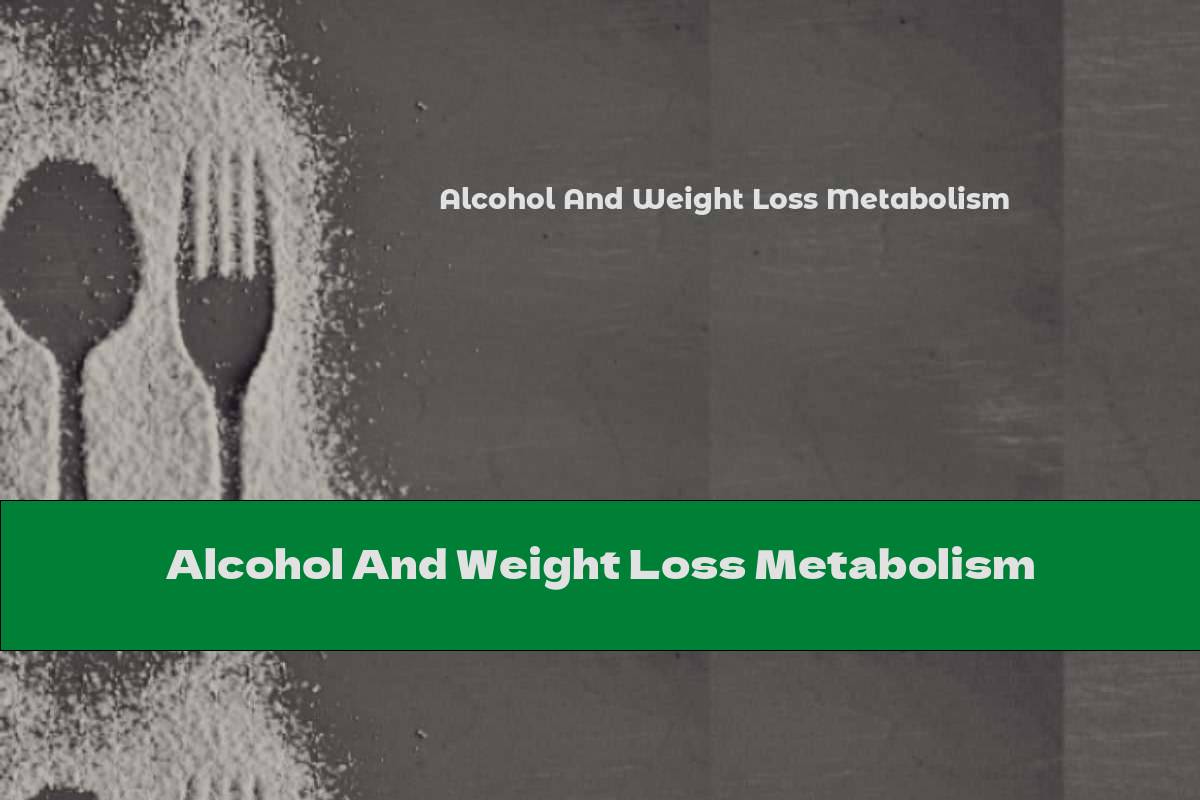
Conclusion
The conclusion recaps the main findings and emphasizes the importance of considering weight when it comes to alcohol consumption. It offers key takeaways and encourages individuals to prioritize their health and make informed choices regarding alcohol.
Key Takeaways
- Weight plays a significant role in how alcohol is metabolized in the body.
- Factors like gender, metabolism, and liver health also influence alcohol metabolism.
- Higher body weight can lead to lower BAC levels for the same amount of alcohol consumed.
- Understanding these factors can help individuals make informed decisions about alcohol consumption.
FAQ
Q: Can weight affect how quickly alcohol is absorbed?
A: Yes, weight can influence the rate at which alcohol is absorbed into the bloodstream. Generally, individuals with higher body weight have a slower absorption rate compared to those with lower weight.
Q: Does alcohol affect metabolism differently depending on weight?
A: Yes, weight can impact alcohol metabolism. Higher body weight generally leads to a slower metabolism, resulting in a longer presence of alcohol in the system.
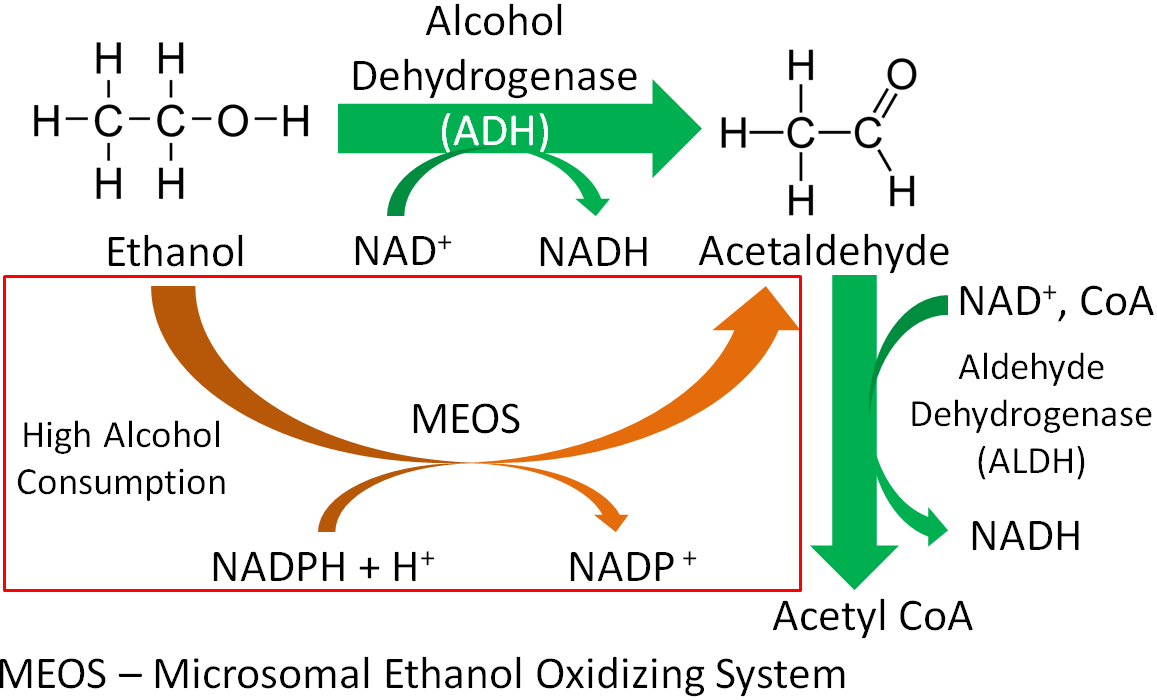


Recent Comments